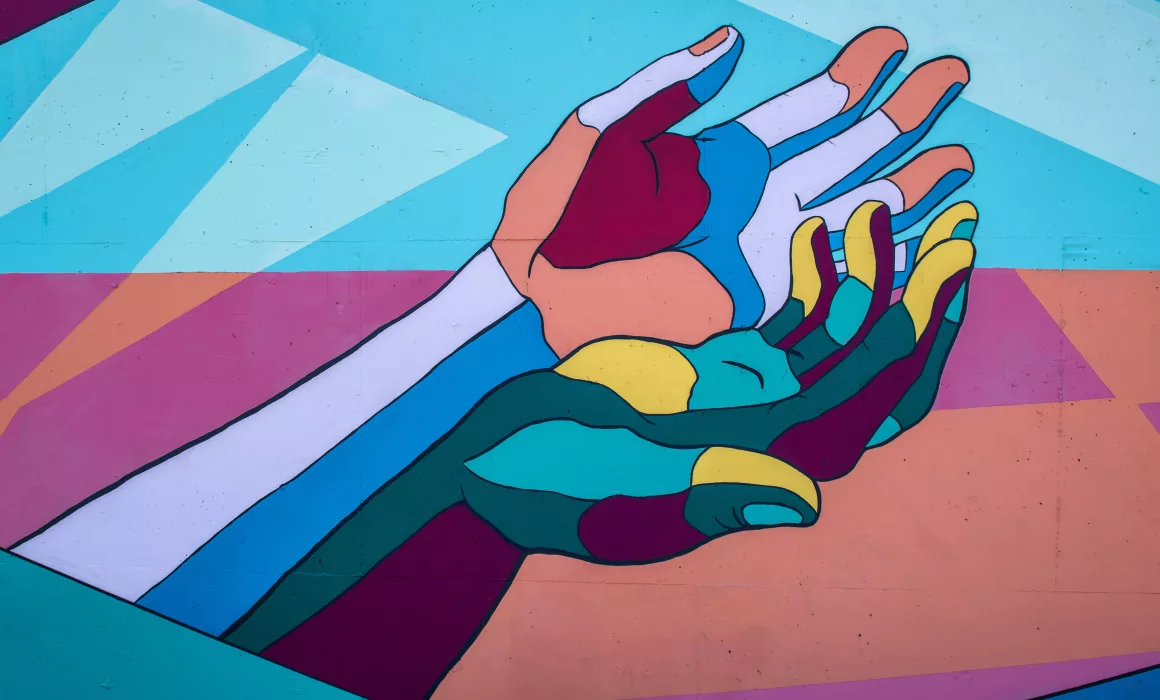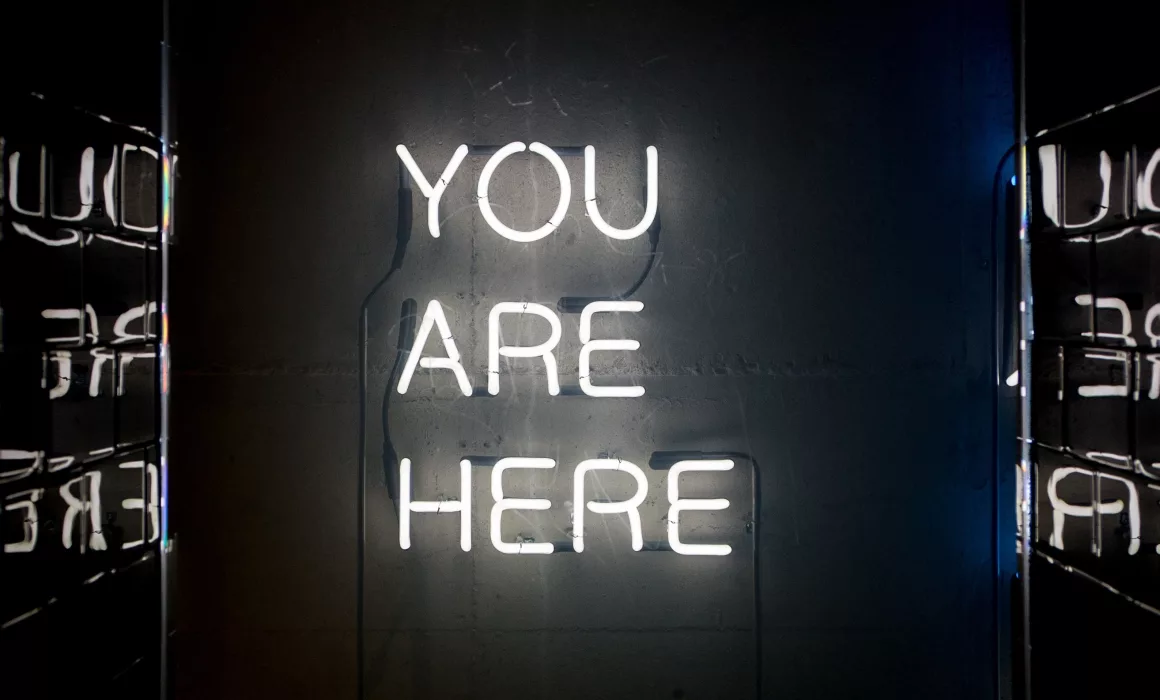“Even as we grieved, we grew.”
Amanda Gorman, former national youth poet laureate who gave a capturing delivery of her poem during the Biden-Harris inauguration ceremony, said these words: “Even as we grieved, we grew.”
Grieving is the bedrock of growth, in therapy and in life.
What happens when we don’t grieve?
We ignore loss, because it’s too painful to feel. We deny harm, because it brings us too much shame. We minimize pain, our own and others’, because it’s too intolerable to hold.
Here’s the problem: What we can’t bear to remember we inevitably repeat.
Joe Biden said at the COVID-19 memorial service, “To heal, we must remember. It’s hard sometimes to remember, but that’s how we heal.”
This sentiment is true no matter the source of the pain we’re talking about. It’s true when we’re talking about the impact of any loss. It’s true when we’re talking about the impact of parents enacting their own traumatic upbringings upon their children. It’s true when we’re talking about the trauma of racism from this country’s beginnings through present day.
Forgetting is not healing.
“Moving on” is not healing.
Not feeling is not healing.
It is in remembering, reconciling, and bearing witness to the past and the present that we are able to forge a clearer path to our future.
This healing act of witnessing is by no means relegated to therapy, but I know in my bones that therapy is a powerful, transformative venue for it.
So, here’s to remembering, repairing, and healing—in therapy, in our relationships outside of therapy, and in our country.
If you’d like a witness in repairing and healing, you’re welcome to schedule a phone consult with me. If for whatever reason I’m not the right fit for you, I’d be happy to help you find a therapist who is.
Take care,

P.S. What is political is also inextricably personal. Internal and external are always intertwined, so both are always present and welcome in therapy.
Photo credit: Tim Mossholder on Unsplash



